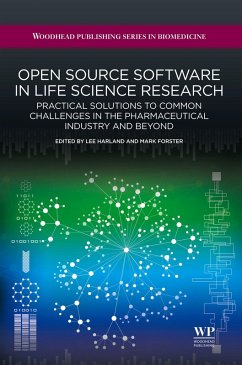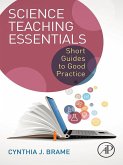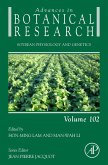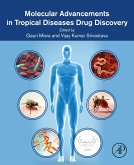The free/open source approach has grown from a minor activity to become a significant producer of robust, task-orientated software for a wide variety of situations and applications. To life science informatics groups, these systems present an appealing proposition - high quality software at a very attractive price. Open source software in life science research considers how industry and applied research groups have embraced these resources, discussing practical implementations that address real-world business problems.
The book is divided into four parts. Part one looks at laboratory data management and chemical informatics, covering software such as Bioclipse, OpenTox, ImageJ and KNIME. In part two, the focus turns to genomics and bioinformatics tools, with chapters examining GenomicsTools and EBI Atlas software, as well as the practicalities of setting up an 'omics' platform and managing large volumes of data. Chapters in part three examine information and knowledge management, covering a range of topics including software for web-based collaboration, open source search and visualisation technologies for scientific business applications, and specific software such as DesignTracker and Utopia Documents. Part four looks at semantic technologies such as Semantic MediaWiki, TripleMap and Chem2Bio2RDF, before part five examines clinical analytics, and validation and regulatory compliance of free/open source software. Finally, the book concludes by looking at future perspectives and the economics and free/open source software in industry.
The book is divided into four parts. Part one looks at laboratory data management and chemical informatics, covering software such as Bioclipse, OpenTox, ImageJ and KNIME. In part two, the focus turns to genomics and bioinformatics tools, with chapters examining GenomicsTools and EBI Atlas software, as well as the practicalities of setting up an 'omics' platform and managing large volumes of data. Chapters in part three examine information and knowledge management, covering a range of topics including software for web-based collaboration, open source search and visualisation technologies for scientific business applications, and specific software such as DesignTracker and Utopia Documents. Part four looks at semantic technologies such as Semantic MediaWiki, TripleMap and Chem2Bio2RDF, before part five examines clinical analytics, and validation and regulatory compliance of free/open source software. Finally, the book concludes by looking at future perspectives and the economics and free/open source software in industry.
- Discusses a broad range of applications from a variety of sectors
- Provides a unique perspective on work normally performed behind closed doors
- Highlights the criteria used to compare and assess different approaches to solving problems
Dieser Download kann aus rechtlichen Gründen nur mit Rechnungsadresse in A, B, BG, CY, CZ, D, DK, EW, E, FIN, F, GR, HR, H, IRL, I, LT, L, LR, M, NL, PL, P, R, S, SLO, SK ausgeliefert werden.









